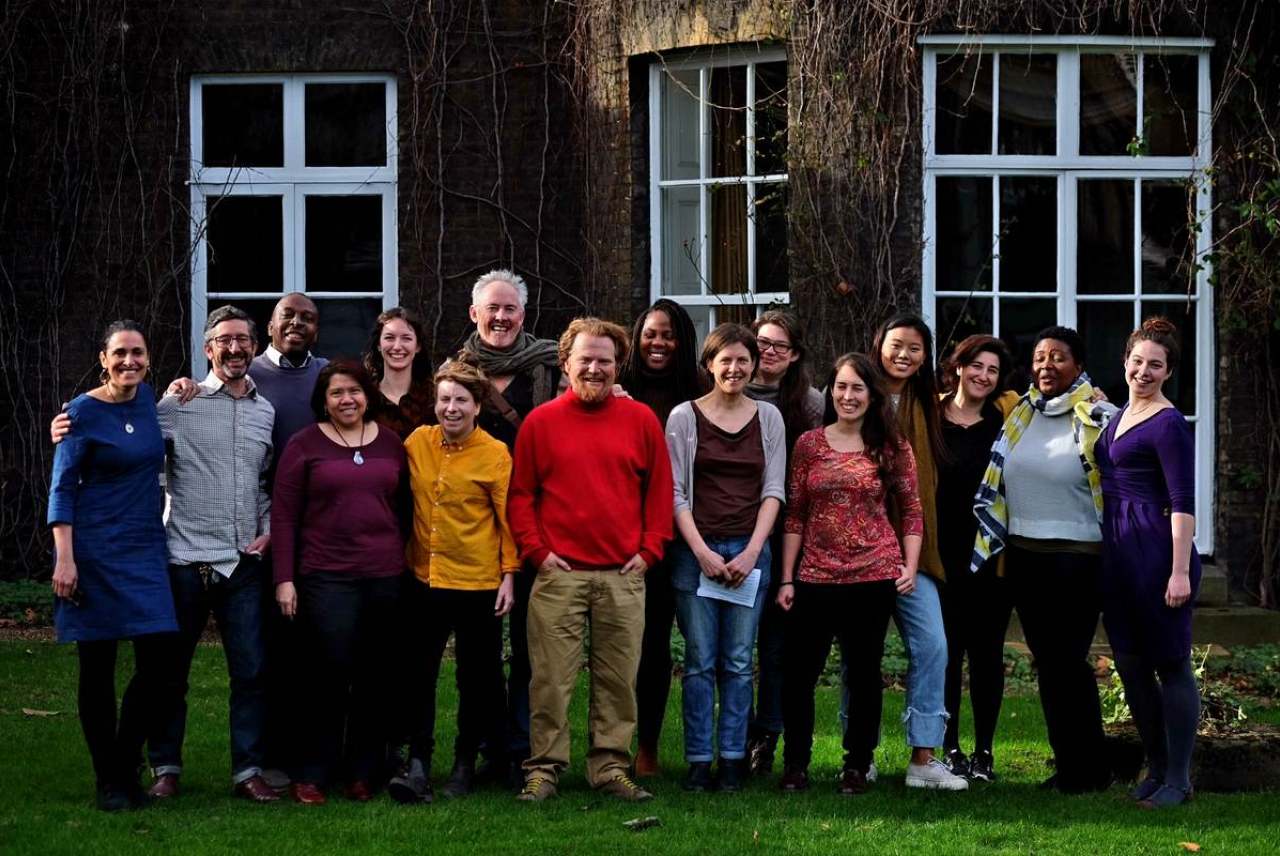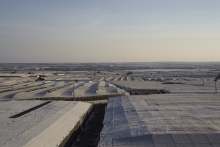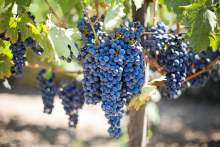The prize is currently in its third cycle and this year the judging panel have written an open letter celebrating the rise the movement for regeneration.
Lush Spring Prize judges celebrate the rise of regeneration

The LUSH Spring Prize for social and environmental regeneration is a joint project between Ethical Consumer and LUSH Cosmetics. It is a £200,000 prize fund showcasing projects from around the world that are working towards environmental and social regeneration.
Lush Spring Prize judges celebrate and shine a light on the work of 2019’s spring prize shortlist.
"As Judges of the 2019 Spring Prize, we stand deeply humbled and in gratitude of the work and accomplishments of this year’s eleven Spring Prize-winning groups.
From the Ceibo Alliance of four indigenous nations in the Western Amazon, resisting the ecocide perpetrated by oil corporations and working to regenerate their poisoned waterways, to YICE Uganda, who host permaculture and agroecology training for refugees in the Bukompe camp – each winning group presents a unique and powerful approach to environmental and social regeneration.
Just as humans have created the exploitative damaging systems that are degrading our cultures and environment today, we too are the solution.
The work of this year’s winners is vast and spans the entire globe. However, it is the work of the shortlisted groups, the groups who unfortunately did not win, that we would like to shine light and appreciation on.
Founded in the early 1990s, Grain is an international organisation that uplifts and supports small scale farmers and peasant movements. Their independent research has been crucial in building evidence against environmentally and socially disastrous industries, such as oil palm plantations in Southeast Asia.
Founded by esteemed environmentalist and academic Dr Vandana Shiva, Navdanya promotes the vision of food sovereignty, training and supporting farmers in ecological growing methods, who have been impoverished by a forced reliance on toxic pesticides and fertilisers.
Europe-wide group Fern has worked to influence EU policymakers since 1995 and successfully campaigned to ban illegally forested timber from sale on the EU market.
Survival International tirelessly works to secure land rights for Indigenous and tribal peoples all over the world. Their support helped to secure the Indian Dongria Kondh tribe’s success in their struggle against mining company Vedanta, who were granted governmental permission to mine aluminium from the Niyamgiri hills, the homeplace of the Dongria Kondh people.
On the one hand, these are just four examples out of over 250 applications, with only 50 groups making the shortlist. You can imagine what a difficult decision this was for us judges!
On the other hand, the judges felt that these four important organisations – those that made the shortlist but were not awarded a prize – do deserve a special distinction as their work has tirelessly provided the research, data, capacity building, advocacy and support that has enabled a great many other organisations and projects to do their work more effectively.
As Judges of the Spring Prize we are firm, like tree roots, in our commitment to co-creating a world with its foundations in regenerative culture; where the biospheric systems which support all life are nourished, and where all, regardless of gender, race, religion or sexuality have equal access to sufficient of the Earth’s resources for our needs without transgressing planetary boundaries and while regenerating social and ecological value.
Since last year’s Spring Prize, while the UK media’s eyes have been predominantly turned toward Brexit, we’ve seen a growing public movement calling for rapid action on climate change.
School strikes and Extinction Rebellion blockades have united people across the world and, in some cases, across the political spectrum, bringing about a feeling of hope. If there’s one thing that the movement for environmental and social regeneration needs, it’s hope.
Images of warfare, extreme violence and ecosystem collapse bombard us at every turn – but how are we to change the world unless we can envision a hopeful alternative?
This year’s Spring Prize groups offer us a blueprint of hope: their work to regenerate their social and environmental landscapes provide us with inspiration and ideas of how we can make great changes in the world. Of course, we must mourn our losses and grieve daily species extinctions, but we must also project and illuminate images of empowerment and hope.
We believe that this is what will unite people in global, mass action.
We believe that choosing hope with full awareness of the extreme urgency of converging crises and the imminent need for transformative change is a radical practice. It is a moral choice in the face of not knowing and uncertainty whether we are still in time to make a meaningful difference.
We choose to believe we are, but only if we start today! This year’s winners and shortlisted groups have already started! Re-Generation rising!"





